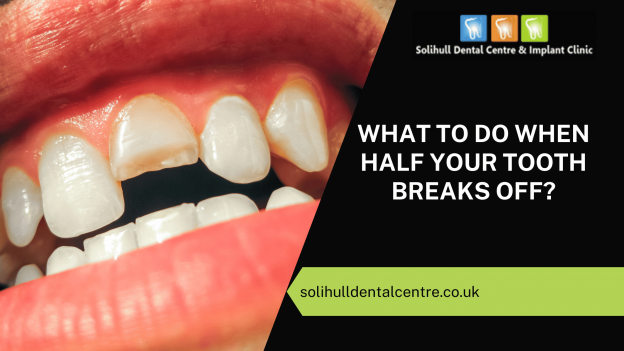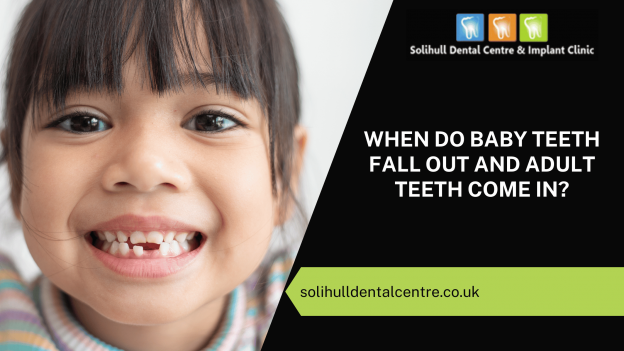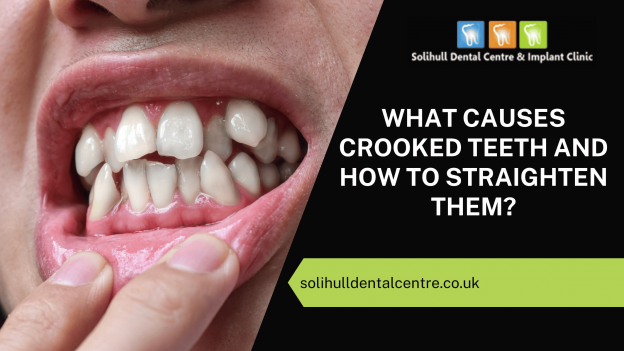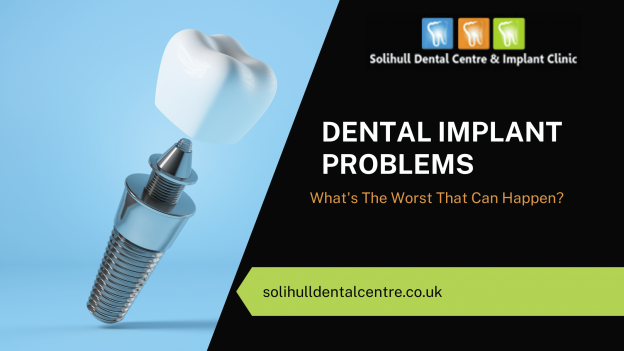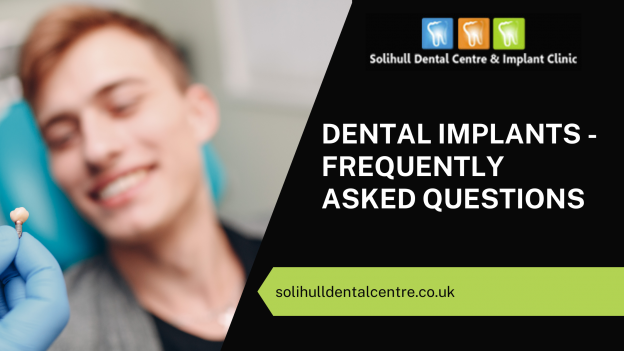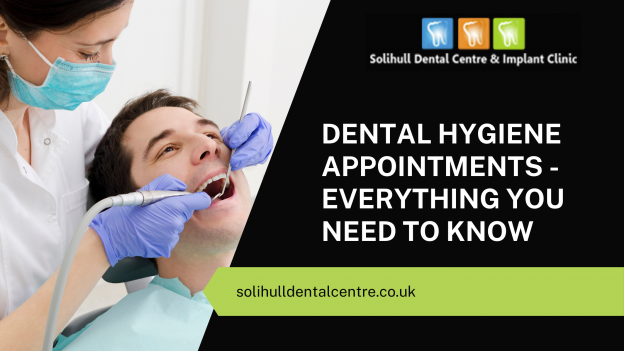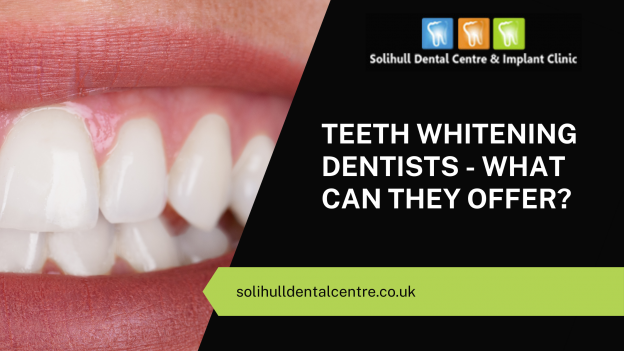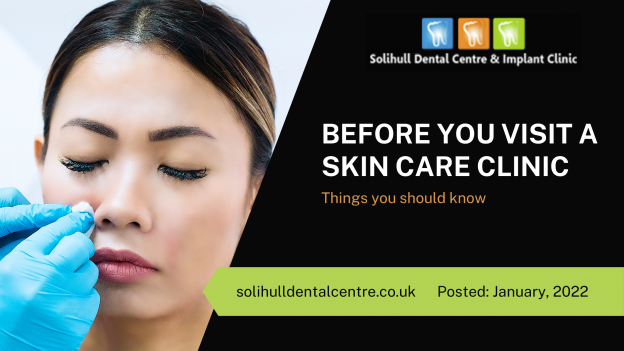Broken or chipped teeth can affect one’s ability to eat and speak. More importantly, they can harm one’s smile and facial appearance. According to the 2021 British Adult Oral Health Survey, over 25% of the respondents reported damaged or broken teeth, fillings, and restorations. But did you know that most broken, chipped, or fractured teeth can be restored if treatment is sought timely manner? If you’re wondering what to do when half your tooth breaks off, then this blog is for you.
So, read on to learn more about broken teeth and their management.
What Are The Causes Of Broken Teeth?
Teeth can break or fracture due to various reasons. Some of these are:
- Trauma – accidental injuries are one of the most common causes of broken teeth
- Sports-related Injuries – sometimes, teeth can also fracture during sports, particularly contact sports such as football and basketball.
- Tooth Decay – decayed teeth become weak and may fracture spontaneously under their load
- Large, Worn-out Fillings – The development of secondary decay around large, damaged fillings can also lead to tooth fracture
- Biting on Hard Objects – teeth can also fracture if someone bites directly on hard objects with their teeth
- Teeth Grinding – excessive teeth grinding can make teeth weak, leading to their fracture
What Do I Do If My Tooth Cracked And Broke Off A Piece?
If you or a loved one breaks their teeth, the first thing to do is to preserve the dislodged portion. You can preserve the broken piece in a milk jar or keep it bathed with saliva between your cheeks. Next, call your dentist and ask for an emergency appointment. In the meantime, rinse your mouth with lukewarm water to remove any debris and minimise the risk of inflammation.
When you reach the dentist’s office, they will examine the broken tooth and evaluate its X-ray images. This will allow them to ascertain the extent of the damage and decide the best course of action. In some cases, dentists can glue the broken tooth piece back. In other cases, they may have to restore the tooth using white fillings or porcelain crowns.
Furthermore, the management of a fractured tooth depends on its extent and the direction of the fracture line. If the fracture line extends below the crown, such teeth cannot be restored. These teeth need to be removed and replaced with an implant-supported prosthesis.
What Happens If My Composite Bonding Chips Or Breaks?
In most cases, a chipped composite filling can be replaced. Your dentist will first assess the damaged tooth. If there is sufficient tooth structure available, they will restore it with a fresh tooth-coloured filling. Alternatively, if there isn’t sufficient tooth structure available, they will consider reinforcing the affected tooth with a dental crown after the filling.
Can My Dentist Reattach The Broken Part Of My Chipped Tooth?
According to the NHS, it is possible for dentists to reattach a broken piece of tooth to its position. However, this depends on the extent of the damage.
Is It Dangerous To Leave A Broken Back Tooth Untreated?
A chipped or broken tooth is more vulnerable to decay and further damage than a healthy one. Moreover, the nerve endings in a broken tooth may get exposed over time, leading to sensitivity and even infection. If the underlying pulp tissue of the tooth gets irreversibly inflamed, it can cause severe pain and discomfort, leading to a dental emergency. In such cases, the only treatment option to save the tooth is to perform a root canal treatment procedure. So yes, broken, fractured, or chipped teeth should be restored without delay.
Why Doesn’t My Tooth That Broke Off Hurt?
If you have a broken tooth that doesn’t hurt, it is because the nerve endings in the deeper layers of the tooth haven’t been exposed yet. You may experience pain after a tooth fracture only when the fracture exposes the underlying dentine or pulp layers of the tooth, which contain nerve endings and blood vessels.
Can A Dentist Pull A Tooth That Is Broken Off At The Gum Line?
Teeth which are broken at the gumline cannot be restored. In such cases, dentists remove the entire tooth and replace with with a suitable option such as dental implants.
Can An Orthodontist Fix A Broken Tooth?
Orthodontists are concerned with optimising the alignment of the teeth and jaws. They will use various treatment options, such as braces or clear aligners. However, they don’t specialise in fixing broken teeth. If you have a broken tooth, you should consider visiting a general or restorative dentist. In case the tooth needs extraction, you may need to consult an oral surgeon.
How Do Dentists Repair A Chipped Tooth?
The management of chipped or broken teeth depends on its cause and severity. If the broken piece is small, your dentist may consider restoring the tooth with a tooth-coloured filling. However, if the damage is extensive, they may consider placing the crown over the restored tooth. Moreover, some teeth may also require a root canal procedure if there is a risk of inflammation of the exposed pulp tissue.
Is A Cracked Tooth A Dental Emergency?
A cracked tooth can become a dental emergency if it causes pain. If you’re experiencing pain in one of your broken or chipped teeth, you should call your dentist immediately and request an emergency appointment.
If you’re looking for the best dental practice in the West Midlands for General and Emergency Dental Services, your best option is to visit Solihull Dental Centre & Implant Clinic. We offer the highest-quality dental services to our patients at affordable rates. Please call us if you have an emergency or need to discuss an appointment


